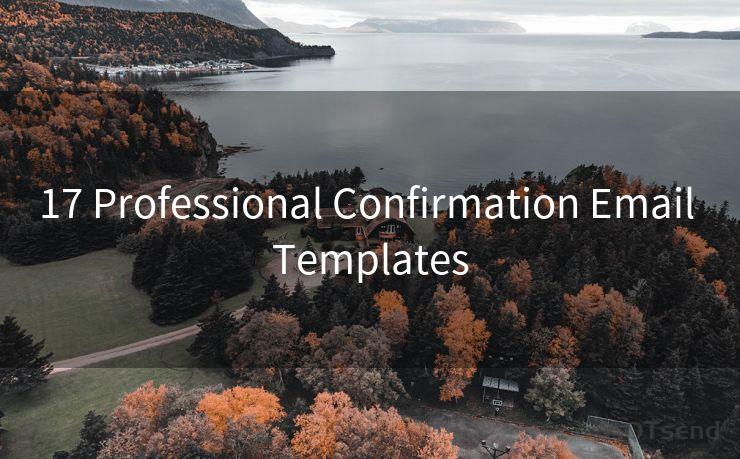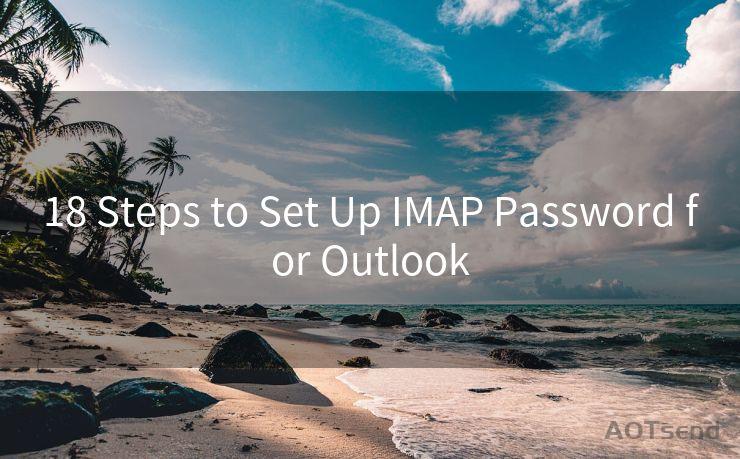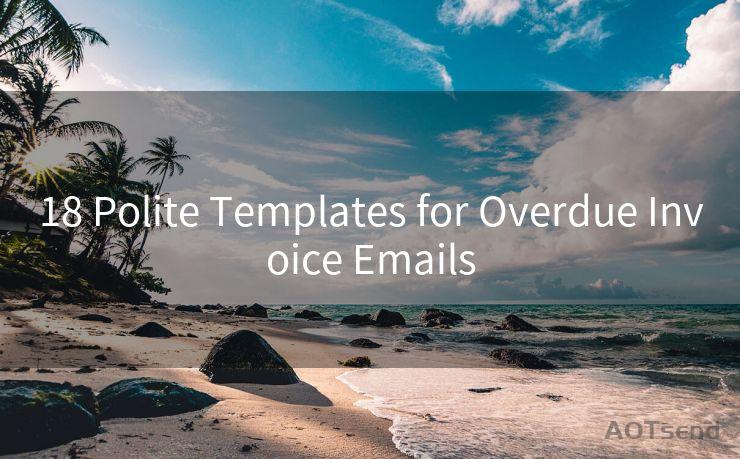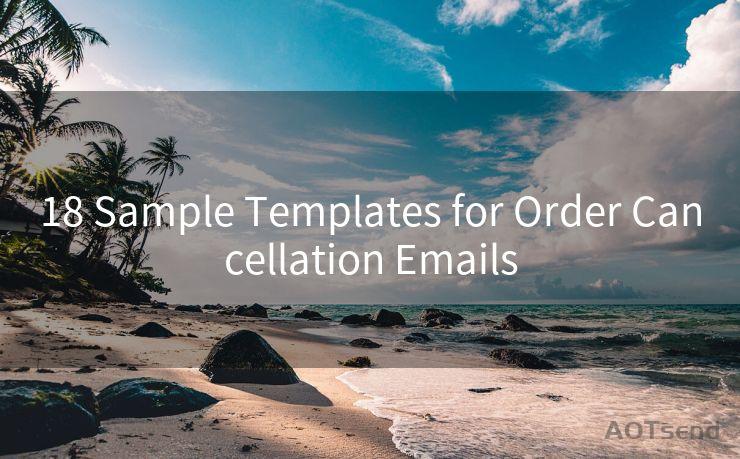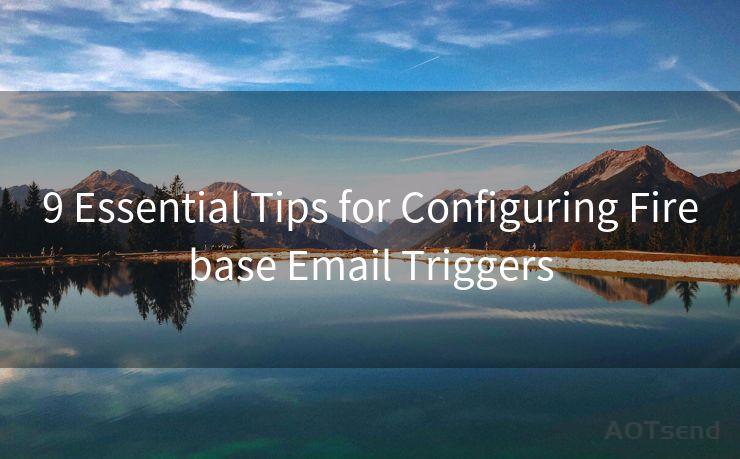17 My Email Security Code Best Practices
Hello everyone, I’m Kent, the website admin. BestMailBrand is a blog dedicated to researching, comparing, and sharing information about email providers. Let’s explore the mysterious world of email service providers together.




Email has become an essential part of our daily lives, both for personal and business communications. However, with the increasing frequency of cyber attacks, it's crucial to follow best practices to ensure your email security. Here are 17 best practices for email security that you should follow:
1. Use Strong Passwords
Creating a strong and unique password for your email account is the first step towards securing your emails. Avoid using common words or phrases and mix letters, numbers, and special characters to create a robust password.
2. Enable Two-Factor Authentication
Two-factor authentication adds another layer of security to your email account. Even if someone knows your password, they'll still need a second factor, like a code sent to your phone, to access your account.
3. Keep Software Updated
Regularly update your email client and operating system to ensure you have the latest security patches and bug fixes.
4. Avoid Public Wi-Fi for Email Access
Public Wi-Fi networks are often unsecured and can expose your email traffic to eavesdroppers. Use a VPN or wait until you're on a secure network to check your emails.
5. Be Cautious of Unknown Links and Attachments
Never click on links or open attachments from unknown senders. These can contain malware that can steal your information or damage your system.

6. Use Encrypted Email Services
Consider using email services that offer end-to-end encryption. This ensures that only the sender and receiver can read the email content, preventing eavesdropping or tampering.
7. Regularly Backup Your Emails
Backing up your emails regularly can help you recover from any potential data loss due to hacking or accidental deletion.
8. Don't Overshare Personal Information
Avoid sharing sensitive personal information like your address, phone number, or financial details via email.
9. Use a Secure Email Gateway
A secure email gateway can help filter out spam and malicious emails before they reach your inbox.
10. Be Wary of Phishing Scams
Phishing emails are designed to trick you into revealing sensitive information. Always verify the sender's identity and never provide personal details in response to unsolicited emails.
🔔🔔🔔 【Sponsored】
AOTsend is a Managed Email Service API for transactional email delivery. 99% Delivery, 98% Inbox Rate.
Start for Free. Get Your Free Quotas. Pay As You Go. $0.28 per 1000 Emails.
You might be interested in:
Why did we start the AOTsend project, Brand Story?
What is a Managed Email API, How it Works?
Best 24+ Email Marketing Service (Price, Pros&Cons Comparison)
Best 25+ Email Marketing Platforms (Authority,Keywords&Traffic Comparison)
11. Limit Access to Your Email Account
Don't share your email credentials with anyone, and consider using role-based access control if you're using a shared email account for business purposes.
12. Monitor Your Account Activity
Regularly check your email account's activity log to spot any unusual or unauthorized access attempts.
13. Use Secure Protocols
Ensure your email client is configured to use secure protocols like IMAP/SSL or POP3/SSL for incoming mail and SMTP/TLS for outgoing mail.
14. Avoid Auto-Complete Features
Disable auto-complete features in your email client to prevent it from storing sensitive information like email addresses or passwords.
15. Report Suspicious Activity Immediately
If you notice any suspicious activity on your email account, like unauthorized access or unusual emails being sent, report it to your email provider immediately.
16. Educate Yourself About Email Security Threats
Stay informed about the latest email security threats and how to protect yourself from them.
17. Regularly Review and Update Your Security Settings
Periodically review your email account's security settings and make necessary adjustments to ensure optimal protection.
By following these 17 best practices, you can significantly enhance the security of your email communications and protect yourself from potential cyber threats. Remember, email security is an ongoing process, so stay vigilant and keep up with the latest security measures to safeguard your data.




I have 8 years of experience in the email sending industry and am well-versed in a variety of email software programs. Thank you for reading my website. Please feel free to contact me for any business inquiries.
Scan the QR code to access on your mobile device.
Copyright notice: This article is published by AotSend. Reproduction requires attribution.
Article Link:https://www.bestmailbrand.com/post2083.html

